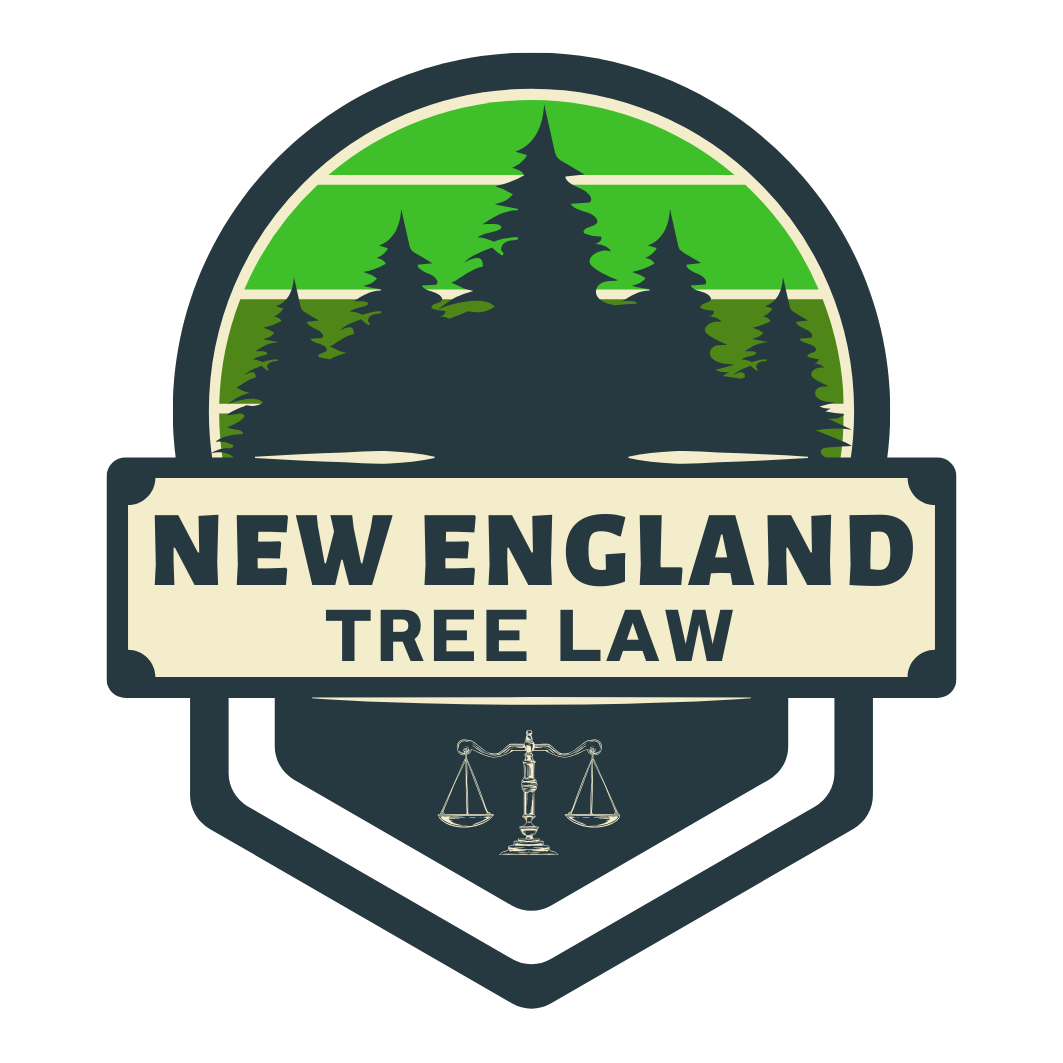What is the statute of limitations for timber trespass claims in Massachusetts?
Property owners often do not realize immediately when someone cuts down their trees without permission. At first, the property owner may assume that the neighbor or contractor “knew what they were doing” and exercised proper caution to not cross the property line. Even once an encroachment is suspected, it may take months or longer for a victimized property owner to get a boundary survey completed to confirm that a trespass occurred.
How long, then, does one have to bring a legal claim for unlawful tree-cutting (i.e., timber trespass) in Massachusetts? The answer: generally three years.
Massachusetts has a general statute of limitations that applies to tort claims, M.G.L. c. 260, § 2A. The statute provides that, “Except as otherwise provided, actions of tort, actions of contract to recover for personal injuries, and actions of replevin, shall be commenced only within three years next after the cause of action accrues.” Claims for wrongful tree-cutting can be described as either “trespass” claims or “negligence” claims; either way, both causes of action are torts and therefore subject to the three year statute of limitations. Doherty v. Admiral's Flagship Condo. Tr., 80 Mass. App. Ct. 104, 107, 951 N.E.2d 936, 940 (2011).
The statute of limitations typically begins running (that is, the “clock starts”) when the plaintiff suffers a legal injury. Therefore, in most timber trespass cases, the statute of limitations expires three years after the date the tree was cut.
There are narrow exceptions to that three year window. The Massachusetts Supreme Judicial Court has recognized the doctrine known as the “discovery rule.” Under the discovery rule, “a cause of action accrues when the plaintiff discovers or with reasonable diligence should have discovered that (1) she has suffered harm; (2) her harm was caused by the conduct of another; and (3) the defendant is the person who caused that harm.” Davalos v. Bay Watch, Inc., 494 Mass. 548, 552, 240 N.E.3d 753, 758 (2024). It is the plaintiff’s burden to show the date on which he or she knew or should have known that the injury occurred (and hence the date that the statute of limitations begins to run). Id. at 556.
The discovery rule has been applied to claims for timber trespass. See, e.g., Silva v. Melville, 2001 Mass. Super. LEXIS 63 (Mass. Super. Ct. Mar. 12, 2001). However, there is scant Massachusetts case law analyzing the doctrine in the timber trespass context. In one case, a property owner in Lunenberg agreed that the town could remove certain trees and install a drain pipe on his property. However, apparently unbeknownst to the property owner, the town of Lunenberg mistakenly performed the work on a different parcel he owned in town. The property owner filed a lawsuit for the timber trespass (among other things) more than three years after the trespass occurred. The Superior Court determined that the discovery rule could apply in that case, because the property owner only learned about the mistake when the town recorded an easement deed bearing the incorrect property address. Balducci v. Town of Lunenburg, 23 Mass. L. Rep. 289, at *5-6 (Mass. Super. Ct. 2007). Thus, the action was not barred by the statute of limitations.
Although Massachusetts courts are more generous in applying the discovery rule than some jurisdictions, Davalos, 494 Mass. at 596, property owners should not count on the discovery rule to “save” their case. Even if a property owner truly does not know about a timber trespass within the three year statute of limitations, a court may still find that the property owner “should have known” of the trespass had they conducted proper due diligence (such as a prompt survey). This is the case even for trespasses that occur in wooded or remote areas because a property owner is generally assumed to know their property boundaries. Thus, potential victims of timber trespass should act promptly if they have any reason to suspect that a neighbor, tree service, or other person may have crossed over their property line and cut down their trees.
Attorney Israel Piedra has recovered over a million dollars for victims of unlawful tree cutting and represents property owners all across Massachusetts. If you have questions about timber trespass, you can contact Attorney Piedra for a free consultation.

